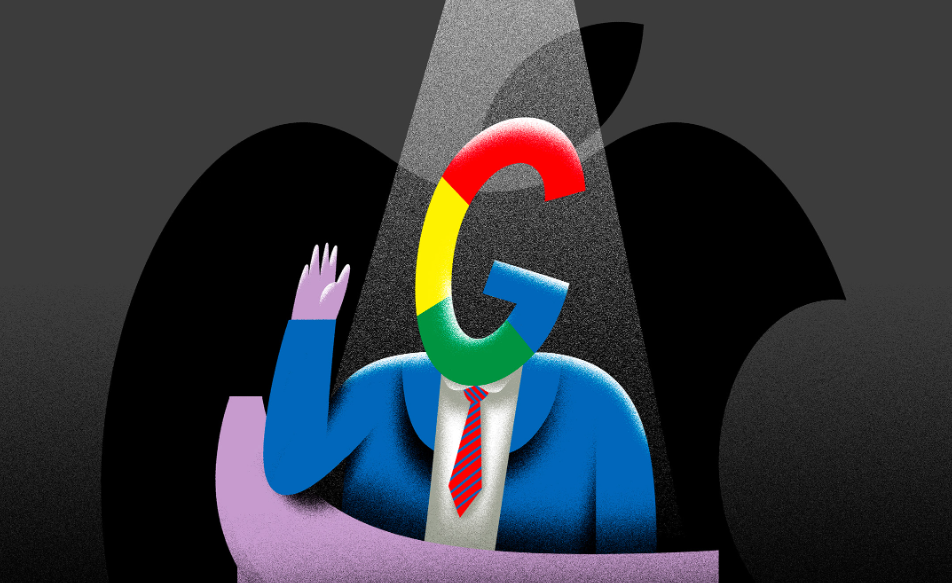Antitrust Case Verdict Against Google (GS Paper 3, Science & Technology)

Introduction
- The antitrust ruling against Google has the potential to reshape the technology sector in a manner similar to the landmark judgment against Microsoft.
- On August 5, 2024, the U.S. District Court for the District of Columbia delivered a significant verdict on Google's anti-competitive practices, which could set a new precedent for how major technology firms operate.
Background of the Case
Legal Proceedings:
- The legal battle against Google began with the consolidation of two major lawsuits: United States vs Google and Colorado vs Google. This merger of cases marked the start of a protracted legal process that spanned roughly three years.
- The trial, which commenced in January 2021 with the discovery phase, culminated in a nine-week bench trial in September 2023.
- Verdict Date: The final ruling was issued on August 5, 2024.
Court’s Findings:
- Judge’s Statement: U.S. District Judge Amit P. Mehta declared that Google constitutes a monopoly and has violated Section 2 of the Sherman Antitrust Act. The ruling found that Google’s actions were aimed at stifling competition to maintain its monopoly.
- Accusations: Google was accused of leveraging its dominant position in the online search market by securing exclusive agreements with major smartphone manufacturers, including Apple and Samsung. These deals ensured that Google’s search engine was pre-loaded as the default option on their devices.
Google’s Response and Possible Remedies
Appeal Plans:
- Google plans to appeal the ruling, challenging the court’s decision and seeking to overturn or modify the verdict.
Potential Remedies:
The U.S. Department of Justice has yet to propose a specific remedy, but several options are being considered:
- Breaking Up Google: This could involve separating Google’s various business units, such as its search engine, advertising, and other digital services. This measure could fundamentally alter the structure of the tech industry.
- Eliminating Exclusive Agreements: Terminating Google’s exclusive deals with handset makers could disrupt a significant revenue stream for these companies. For example, Apple might face substantial financial losses if it loses the revenue from its deal with Google.
- Disincentivising Exclusive Deals: Ending these exclusive agreements might encourage other companies to develop alternative search engines, thus fostering competition and benefiting consumers by offering them more choices.
- Consumer Impact: The termination of exclusive agreements could potentially enhance consumer choice by making alternative search engines more accessible.
Implications and Future Outlook
Impact on Search Engines:
- Consumer Choice: If exclusive agreements are eliminated, consumers might have access to a broader range of search engines, potentially increasing competition in the market.
- Quality and Privacy: The ruling could prompt Google to focus more on improving its products and addressing user privacy concerns in response to increased competition.
Broader Implications for Big Tech:
- Antitrust Cases: This ruling could set a precedent for ongoing and future antitrust cases against other Big Tech firms such as Meta, Amazon, and Apple. These companies are also under scrutiny for their monopolistic practices.
- Industry Practices: The decision may lead to a reevaluation of business practices across the tech industry, encouraging firms to adopt more competitive and consumer-friendly approaches.
Conclusion
- The verdict against Google represents a significant moment in the ongoing battle against anti-competitive practices within the tech industry.
- While the immediate impact of the ruling remains to be seen, it has the potential to reshape how major tech companies operate and interact with consumers.
- The outcome of this case will likely influence future regulatory actions and shape the landscape of digital business practices.


